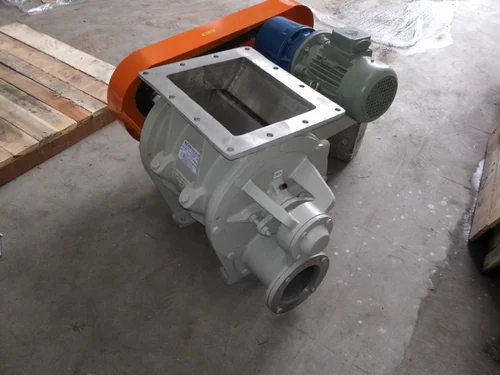
In the modern world, companies in all sectors now give sustainability top importance. One important factor to take into account when supply networks work toward environmental friendliness is the packaging used to move goods. Emerging as a revolution are sustainable industrial containers, which provide companies with means to lower their environmental effect while preserving efficiency. Our sustainable industrial container solution helps industries reduce their carbon footprint by offering eco-friendly, long-lasting packaging options. Let’s investigate how these containers might change supply chains and help to create a better future.
-
Minimizing Environmental Damage
Using sustainable industrial containers has one of main advantages since it greatly lowers resource consumption and waste generation. Conventional single-use packaging, such plastic wraps or cardboard boxes, adds to enormous volumes of garbage ending up in landfill. Sustainable containers, on the other hand, are sometimes constructed from recyclable or reusable materials, such metal or high-density polyethylene (HDPE), which may be used repeatedly, therefore lowering the demand for ongoing new package manufacture. This reduces supply chain waste in addition to helping to preserve resources.
-
Reusability Provides Cost Savings
Although the initial outlay for sustainable industrial containers could be more than for conventional packaging, over time the savings are really significant. Bulk containers, plastic pallets, or collapsible crates—reusable containers—can be used several times before they must be replaced. This helps to lower the expenses of buying fresh packaging for every shipment over time. Furthermore more durable and better protective for items, reusable containers help to lower damage rates and prevent losses during transit, so improving cost economy.
-
Improving Supply Chain Performance
Sustainable industrial containers are intended not only for environmental advantages but also for besting supply chain effectiveness. Many of these containers are stackable, foldable, or collapseable, therefore optimizing available storage and transit space. When containers are empty, for instance, they might be compressed and stacked to maximize capacity on return voyages. This lessens the demand for shipments, therefore cutting fuel use and carbon emissions. Furthermore, ecological containers are frequently smaller, which lowers total shipment weight and travel expenses.
Offering a greener, more affordable, and efficient substitute for conventional packaging solutions, sustainable industrial containers are transforming supply chains. These containers are a great tool for companies trying to lower their environmental footprint while still competitive by cutting waste, improving supply chain processes, and helping corporate sustainability goals. These containers will become ever more important in determining the course of supply chains as more businesses adopt sustainable methods. Invest in our sustainable industrial container solution to minimize waste while maintaining the durability needed for industrial applications.





